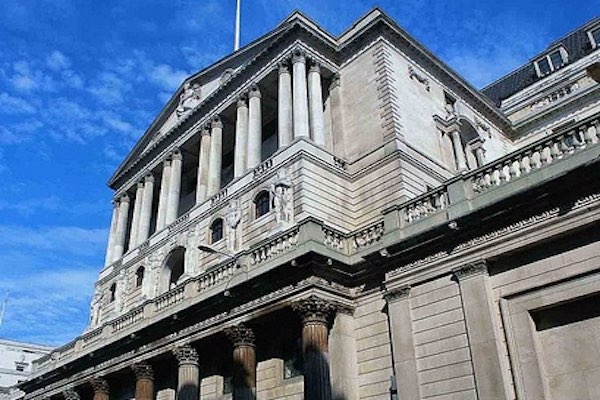Real pay growth hit its highest level since 2001 in December, raising concerns about future inflation.
According to data released from the Office for National Statistics (ONS), regular pay growth was at its highest level since 2008 in December, and real pay growth was at its highest level since 2001.
While on the surface, upward pressure on wages could bode well for economic recovery, some think it could act as a precursor to inflation as a whole.
Laith Khalaf, financial analyst at investment platform AJ Bell, said: “It bodes well for economic recovery, because those who have maintained their jobs and received pay rises can support activity and jobs in other sectors through spending.
"But it also raises the spectre of inflation, should excess demand feed through into rising prices and sustained expectations of increasing wages from workers. This is the really troublesome inflation that the Bank of England can’t just look through, unlike rebounding energy prices which we know will push up inflation in the coming months,” said
The figures from the ONS also revealed that the UK unemployment rate rose to 5.1% in the three months to December, a rise from 3.8% this time last year. Over 726,000 fewer people were in pay-rolled employment in December than before the start of the first lockdown.
The ONS said there were some “tentative early signs” of stabilisation in the labour market with a small increase in the number of employees paid through payroll in the past couple of months of this year.
In next week’s Budget, Chancellor Rishi Sunak will set out the next stage of the UK’s plan for jobs and how the government intends to support economic recovery.

